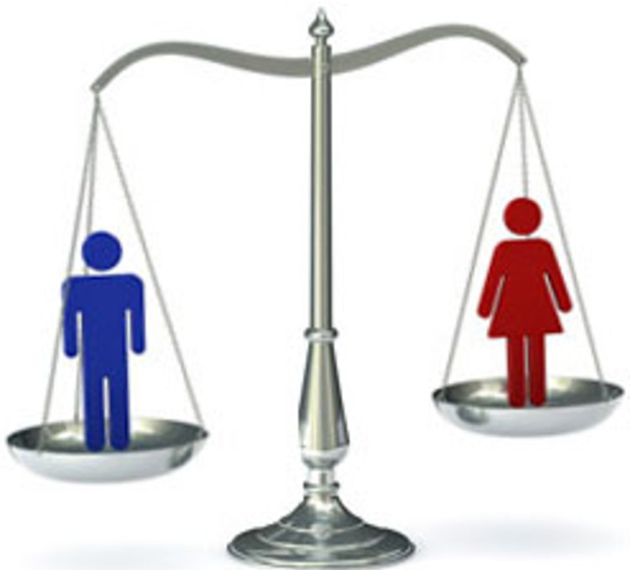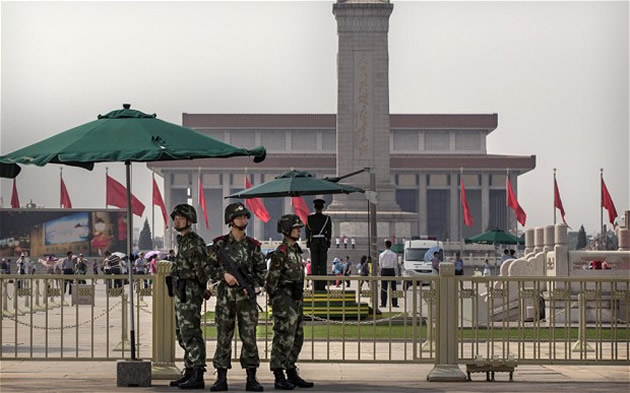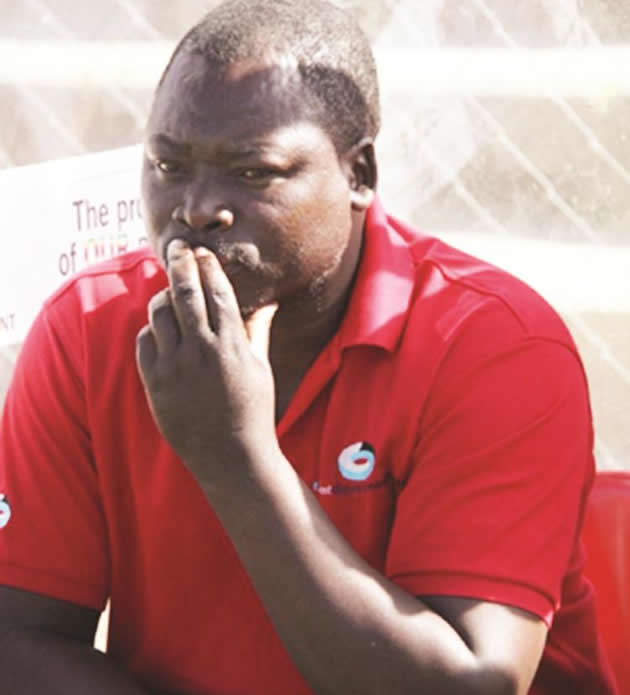Launch of Beijing+20 brings hope

 Ruth Butaumocho Gender Forum
Ruth Butaumocho Gender Forum
Last week, Zimbabwe launched the Beijing+20 Consultative Process, joining several countries across the globe that have since embarked on the next level of women empowerment.
The Beijing+20 a review process after the Beijing Conference held in 1995 is an agenda for women empowerment offering a defining policy framework and roadmap for achieving gender equality and women’s rights.
It seeks to stimulate increased political energy and social mobilisation around the world, civic society and governments to end inequality and discrimination against women.
Beijing+20 is critical in that it allows gender activists and governments to reflect on progress they have made towards gender equality.
What it effectively means is that Zimbabwe will carry out activities and programmes that seek to further push the agenda of women empowerment.
The launch brought memories of a similar occurrence, nearly 20 years ago when the “Beijing” euphoria hit Zimbabwe and the region following the Beijing Conference held in China on gender equality that was attended by several Zimbabwean women.
Rather than embrace and celebrate the outcome of the meeting that sought to address gender equality issues, there was an outcry and probably an outright rejection by the majority of Zimbabwean men, who felt that the conference would make women rebellious, since it called for “equality” between men and women.
Far from celebrating the perceived emancipation of women, men felt that women would negate their roles and square up in every respect.
They even accused women of neglecting their roles while they caroused with their female clan around pubs, wearing trousers and getting high on everything and anything.
Although a small percentage of men embraced the outcome of the Beijing conference, the country witnessed an increase in gender-based violence and divorce cases. Many will recall that the few women who dared pursue the gender equality agenda were called names “VeBeijing, “vema equal rights asingashande”.
Others were chastised within their communities including the very same women whose rights they were fighting for. They didn’t want to have anything to do with Beijing, lest it might destroy their marriages, they would say.
Looking back, I can’t help but feel for the women who went through the emotional trauma while trying to push forward such a noble initiative. In the same vein, I also understand why the majority of men were somehow paranoid about the outcome of the Beijing Conference.
The message though noble, was interpreted differently. With little education on the ground on gender discourse, it was also met with suspicion, particularly by men, who didn’t understand why one conference sought to usurp their ordained power to rule.
The Beijing Conference was perceived to be a Western agenda meant to disenfranchise families by empowering women to take up masculine roles at a time they should had been concentrating all their efforts in the kitchen.
These and other myths on gender equality were obstacles to a productive engagement on the gender discourse, resulting in the resistance, stalling the progression of such a noble initiative.
Although women with the assistance of several stakeholders, government included persevered through the main-streaming of gender issues, progression was rather slow, or remained stagnant in some areas.
So the launch of the Beijing +20 Consultative Process has revitalised hope and determination by agitators of gender equality to move forward the discourse, while reflecting on the progress Zimbabwe has made.
Unlike 20 years ago, the message should be understood better because the environment is totally different.
The nation now embraces the gender discourse, what with more men than before becoming agents of gender equality as attested by their various engagements at different levels.
We now have men in our midst that appreciate gender equality and want to see more women being involved at all levels.
The beauty about this is that the highest office in the land has clearly enunciated gender policies enshrined in the new Constitution that speak directly on gender equality and the need to empower more women in all the sectors.
President Mugabe recently called for an increase in the recruitment of women in military training and cadetship to ensure a balance across all sectors.
Unlike 20 years ago, it is heartening to note that Zimbabwe launches the Beijing+20 consultative processes when opportunities and spaces are now available not only for debate and discussion on gender equality, but also for implementation at various levels.
The environment gives women a competitive edge to negotiate and raise awareness on the existing gender inequality gaps, fully aware that the nation is right behind them.
Currently the gender inequality gaps exist in female enrolment in tertiary education, lack of top management posts in both the public and private sector, women’s empowerment and their ascendancy in the political echelons, currently dominated by men.
The consultative process that Zimbabwe launched last week should not be viewed as a “women only” baby, but should be embraced by all. If anything Beijing +20 needs the support of men for it to move further.
Gender inequality is not simply a “female” or marginal issue, but a crucial problem for society as a whole, over 50 percent of the world’s population is not fully contributing to many of the crucial activities and decision-making processes which are shaping the present and future of humankind.
Sadly, gender inequality is impoverishing both women’s lives and their potential and should not be allowed to continue, especially in the proportions it is at currently.







Comments